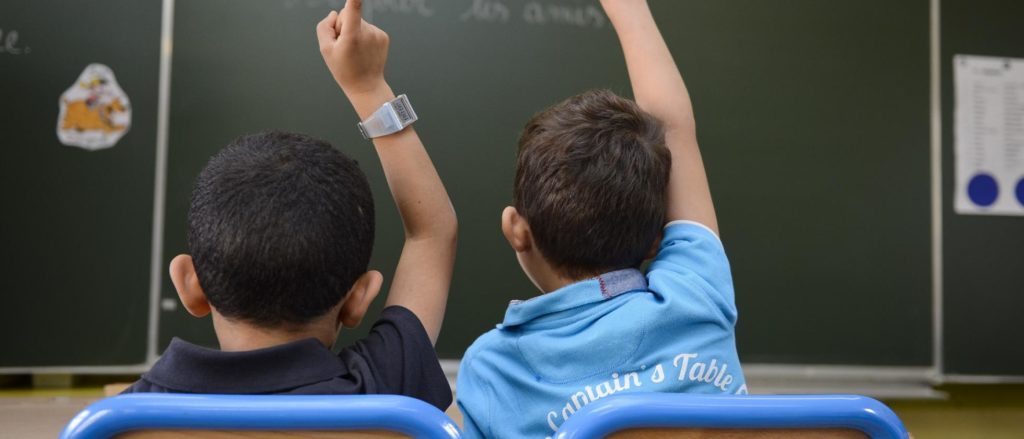A new initiative by a Brussels university is attempting to better understand and preserve the use of non-Belgian languages in the city through a new interactive platform.
Organised by VUB, the e-platform aims to better track the use and training of heritage language speakers - people who are exposed to a certain language spoken at home or by relatives, but who are educated in and primarily speak another language.
“Sometimes, it is a language that is no longer spoken at home, but that people have inherited through parents or grandparents, sometimes it is a 'minority' language," Rik Vosters from the Department of Linguistics and Literary Studies at the VUB told The Brussels Times.
"We want to help parents who moved here to pass on their language or culture to their children," he added.
The intention of the project is to understand the specific needs of language communities in Brussels, but also to "collect the latest scientific insights from the literature on heritage language education and put them into practice, also by using concrete examples from some language communities included as case studies," said Jianwei Xu, who is supervising the project alongside Vosters.
Related News
- Belgian law to be updated with gender-neutral language
- Belgium in Brief: 'Four Weeks Of Hell'
- 'Can't ignore English': Belgium needs to re-think languages, says Sven Gatz
- Extra support from Flanders for Brussels youth centres
One such case study is the Brussels Chinese community where weekend schools have been set up by the first generation of Chinese residents of Brussels to pass on the Chinese language and culture to their children and grandchildren in a structured way.
“In some communities, these practices are already functioning well, and in others, they happen more spontaneously and on a small scale. But almost all of them face the same issues and struggles with education, and we want to bring these people into contact with each other and create a larger community to solve these problems,” Vosters said.
It is also hoped this exchange of ideas, methods, and teaching practices will help smaller communities that do not yet have any education system in place to find inspiration for creating their own initiatives.
Vosters emphasised that the project doesn't just target languages that are seen as "minority languages," or that are linked to certain migrants on a socio-economic level, and that the context of migration, or where people come from and what they come for shouldn't limit the project.
"We want to involve all language communities where there is a certain degree of long settlement," explained Vosters, adding that passing on heritage language and culture is clearly important for all.
To Vosters, Belgium lacks a strong tradition of promoting heritage language education, and this is something that needs to be overcome, as it can prove important for the identity development of children, and can act as a stepping stone to a strong command of other languages, such as Dutch or French.
The project, an instigation of Sven Gatz, minister for the promotion of multilingualism in Brussels, was one of ten approved by the Region's government under the “BeTalky 2021-2022 project call,” aimed to strengthen multilingualism activities in Brussels, with a total budget of around €200,000.
"This proves the great interest and presence of multilingualism in the Brussels Region. The different projects also give an enormously diverse and wide-ranging picture of organisations committed to multilingualism," Gatz said about the approval of the projects.
The platform is currently being established and is expected to be launched just before or after the summer of this year.
Lauren Walker
The Brussels Times

